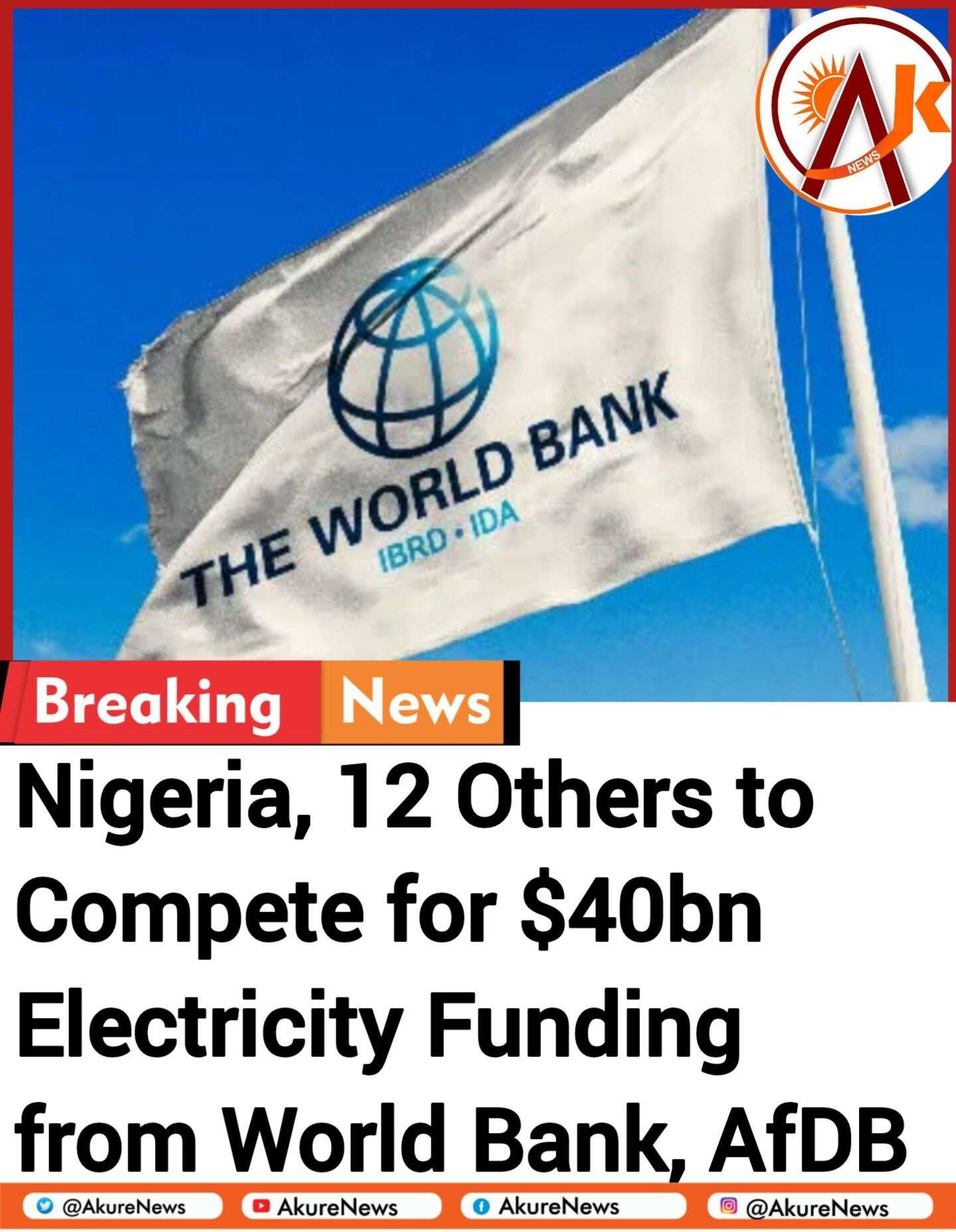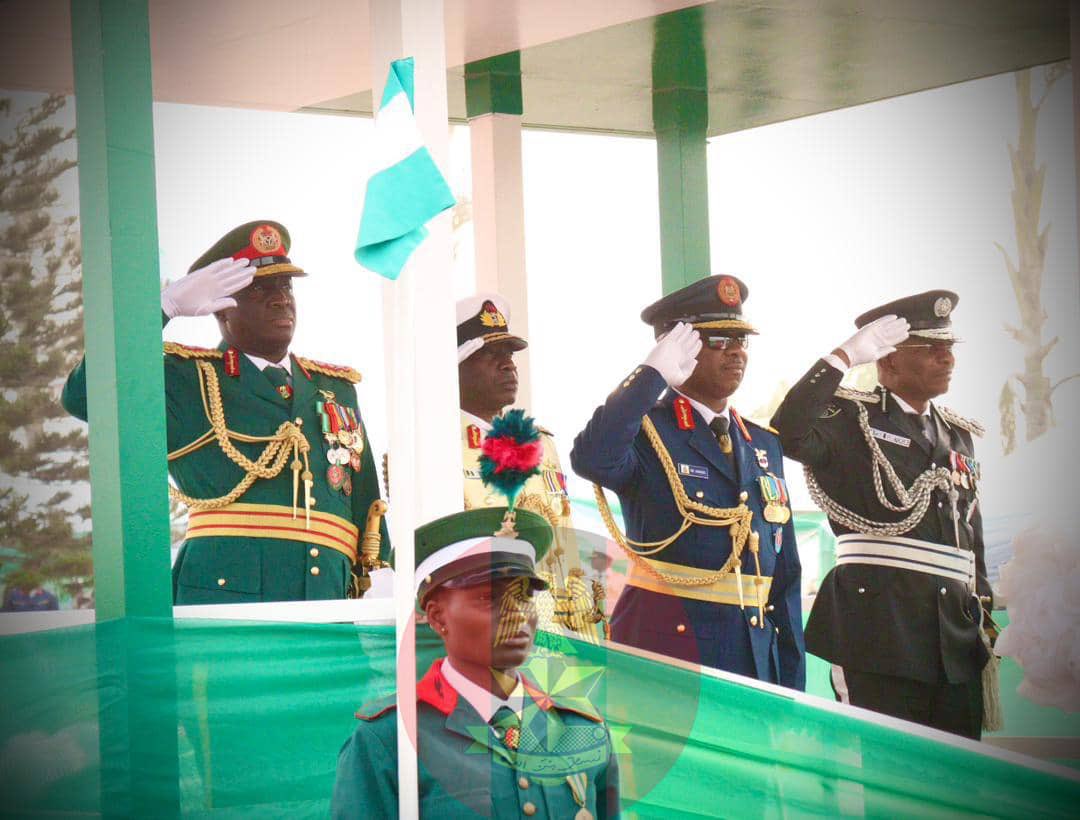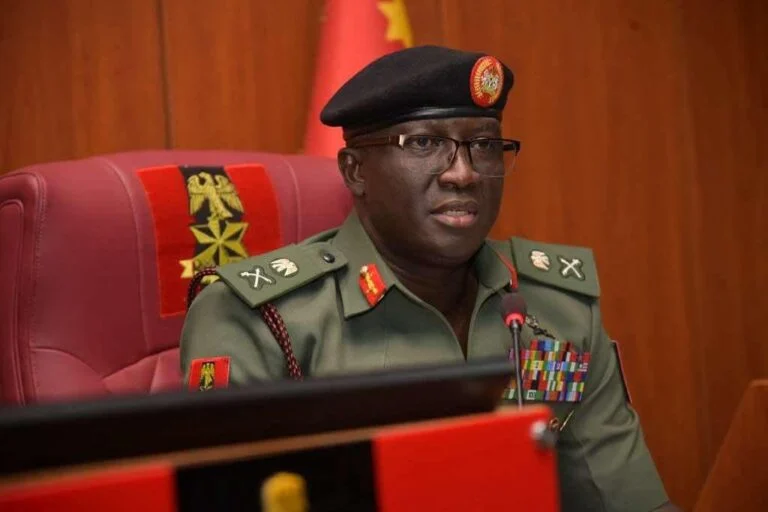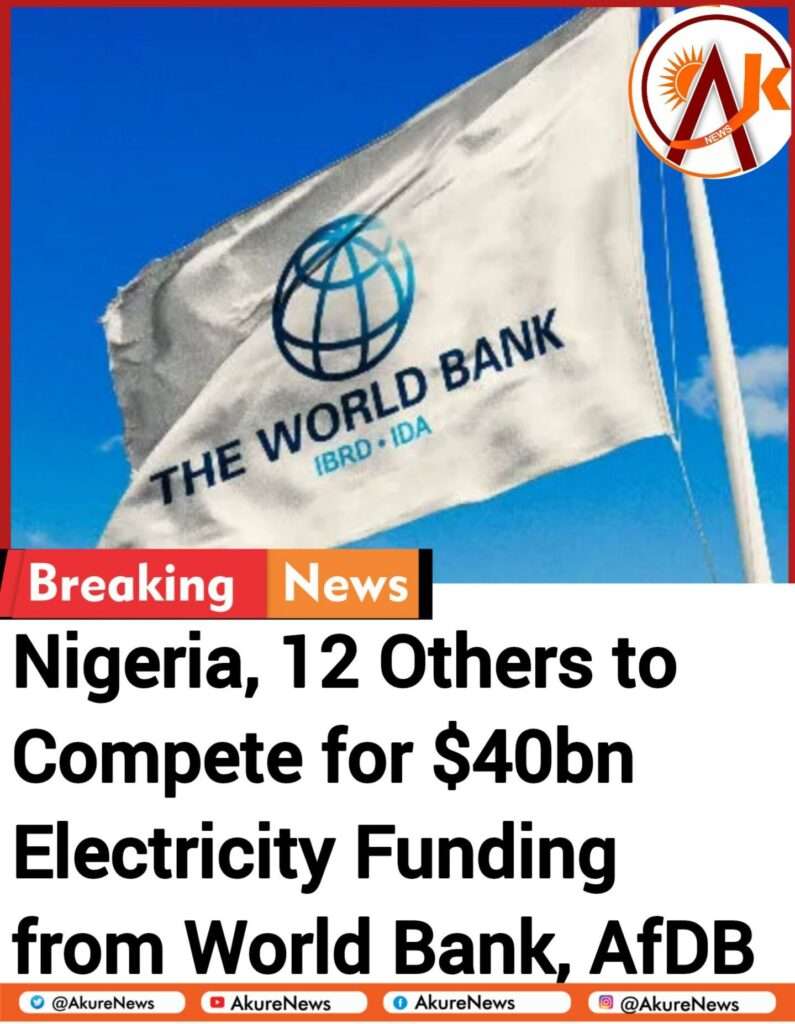
The World Bank and African Development Bank (AfDB) have unveiled the terms for African nations to access $40 billion in funding under the “Mission 300” initiative, aimed at providing electricity to 300 million people across the continent by 2030.
According to a Bloomberg report on Thursday, the program seeks to connect half of Africa’s population through national grid projects, while off-grid solutions like solar mini-grids will serve the remainder.
The funding includes $30 billion from the two banks, with an additional $10 billion expected from private sector contributions. The initiative aims to attract support from private developers, financial institutions, sovereign wealth funds, and philanthropies by making renewable energy investments more profitable in sub-Saharan Africa.
Wale Shonibare, AfDB’s director of energy and financial solutions, stated that the bank’s $5 billion contribution would be used to collaborate with other institutions to create guarantees and financial mechanisms that reduce risks for private investors.
Franz Drees-Gross, World Bank director of infrastructure for Western and Central Africa, emphasized the urgency of the program, noting that 570 million of the 680 million people globally without electricity live in sub-Saharan Africa. “Given the high population growth in Africa, significant and sometimes politically challenging reforms are needed to expand energy access,” he said.
Participating countries are required to implement regulations to attract private investments, prioritize low-cost renewable energy, run competitive tenders for power generation projects, and ensure utilities charge adequate tariffs to cover operational costs. Each country must also present a roadmap for achieving universal electricity access.
Thirteen countries, including Nigeria, the Democratic Republic of Congo, Chad, and Ivory Coast, will present their proposals at the Mission 300 energy summit in Tanzania later this month.
The initiative represents a critical step in addressing Africa’s energy crisis and ensuring sustainable growth through renewable energy solutions.
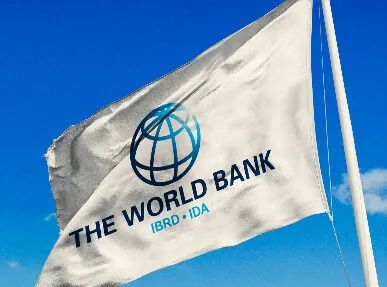
As part of the requirements, participating countries must demonstrate their commitment to energy reforms, including creating favorable policies and frameworks that attract private sector participation. This involves removing barriers to investment, improving the financial viability of utilities, and ensuring transparency in the energy sector.
The focus on renewable energy aligns with global efforts to combat climate change by reducing greenhouse gas emissions. Off-grid technologies such as solar mini-grids are particularly emphasized to reach remote and underserved areas where extending the national grid would be cost-prohibitive.
Experts believe the “Mission 300” program is not only vital for improving electricity access but also critical for driving economic development, enhancing education, and improving healthcare outcomes across Africa. Reliable energy access is a cornerstone for industrialization, job creation, and poverty alleviation.
At the upcoming energy summit in Tanzania, each participating country will outline how they plan to utilize the funding and implement reforms. The conference will serve as a platform for sharing strategies, fostering partnerships, and securing commitments from stakeholders, including private investors and international donors.
With Nigeria and other nations preparing to showcase their plans, the outcome of the summit could mark a turning point in addressing Africa’s longstanding electricity challenges. If successful, the “Mission 300” initiative could provide a model for sustainable and inclusive energy development in the region, benefiting millions and accelerating progress toward achieving universal energy access by 2030.

